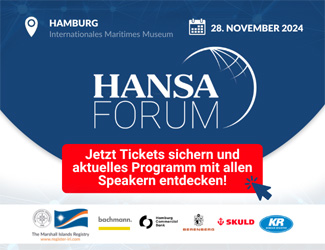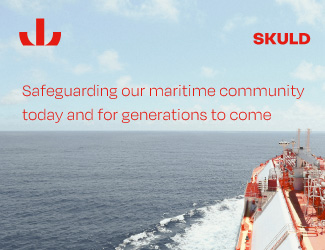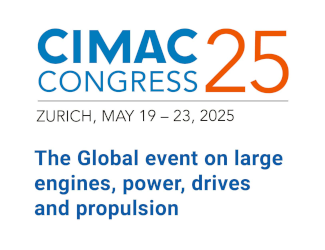Shipping still accounts for a significant proportion of global CO2 emissions and stringent environmental regulations are putting shipping companies under increasing pressure to decarbonize.
The majority of today’s ships are powered by large combustion engines and transitioning to non-fossil fuels is expected to be the largest contributor to maritime decarbonization. However, there is no silver bullet when it comes to creating a sustainable shipping industry and uncertainty surrounding fuel prices, the availability and regulation of renewable fuels and the development of new fuel technology means additional solutions are needed.
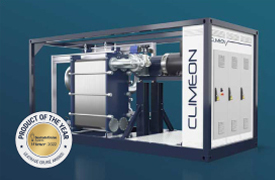
Nearly 50% of the fuel energy consumed by a ship’s engine ends up as heat and approx. half of this heat is lost at low temperatures (<100 deg. C).
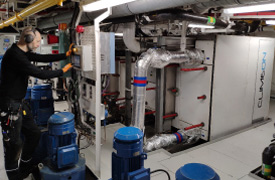
While HeatPower is an important piece of the puzzle, WHR alone will not solve the industry’s decarbonization challenges. As highlighted by the EU-funded CHEK project, it is the combined use of multiple technologies that can accelerate decarbonization and enable the shipping industry to achieve its climate-focused objectives.
Bringing together 12 European companies and universities, the CHEK project aims to develop a futureproof vessel design platform that reduces GHG emissions by 99% and achieves at least 50% energy savings.

As we reach the midway point of the project, it is clear that CHEK’s goals are achievable. For example, CHEK’s bulker vessel design is expected to improve CII performance by approx. 98% compared to the 2019 CII reference level for this vessel type.
When we exclude the impact of switching to non-fossil fuels, it is apparent that the combined usage of proposed energy-saving technologies reduces CII performance by 44%. When assessed in isolation, each technology, including Climeon’s HeatPower system, provides a CII reduction of approx. 25-35%.
It is evident, therefore, that substantial CO2 emissions reductions can be achieved via the energy-saving technologies that are available today. While the most effective solutions must be assessed on a ‘ship-by-ship’ basis, the energy savings achieved this far indicate that we are moving closer to a decarbonized maritime industry and a sustainable future.
Acknowledgements
The research presented in this article was conducted under EU Horizon 2020 project deCarbonising sHipping by Enabling Key (CHEK – Contract No. 955286).














